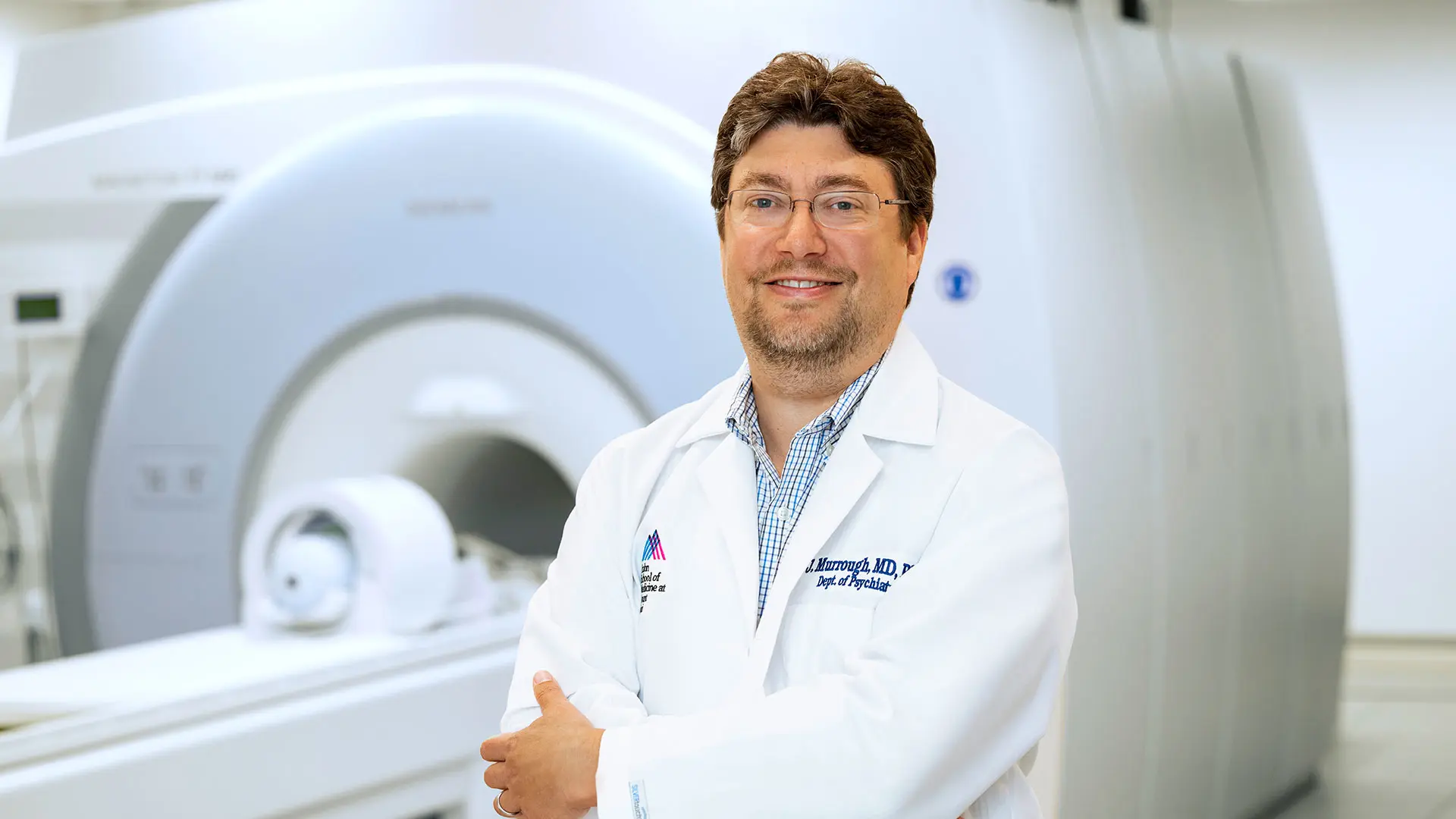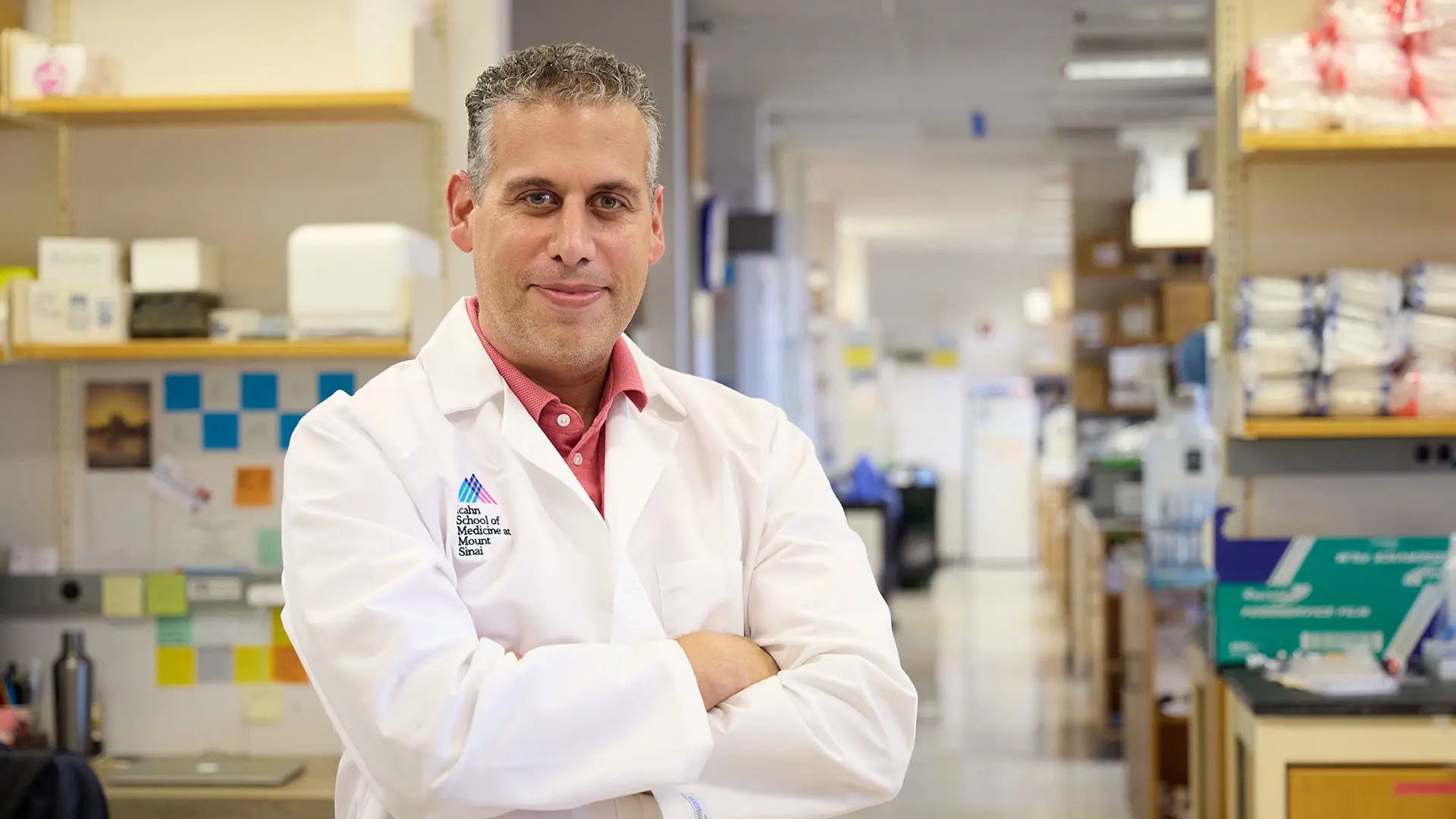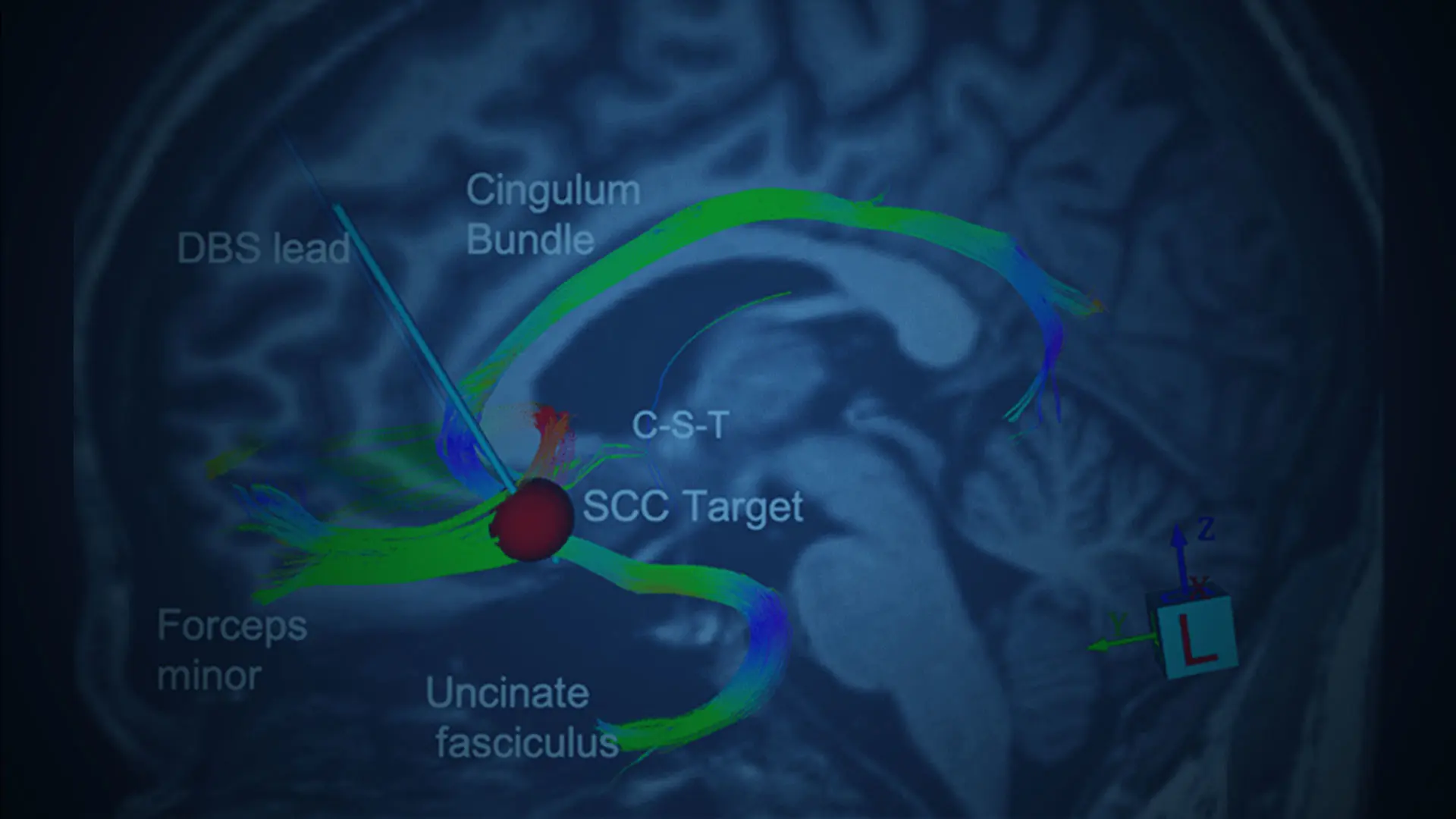
Helen S. Mayberg, MD
Dr. Mayberg is Professor of Neurology, Neurosurgery, Psychiatry, and Neuroscience, Mount Sinai Professor of Neurotherapeutics, and Founding Director of the Nash Family Center for Advanced Circuit Therapeutics at the Icahn School of Medicine at Mount Sinai. Over the last 30 years, she has worked to integrate multimodal neuroimaging and quantitative behavioral and physiological metrics within experimental clinical trials to define brain mechanisms mediating antidepressant treatment effects. This imaging work was also the foundation for development and testing of deep brain stimulation (DBS) of the subcallosal cingulate (SCC) for treatment-resistant depression (TRD). Dr. Mayberg was elected in 2022 to the National Academy of Sciences.

Xiaosi Gu, PhD
Dr. Gu is Associate Professor of Psychiatry, and Neuroscience, and Founding Director of the Center for Computational Psychiatry at Icahn Mount Sinai. Dr. Gu is among the foremost researchers in the field of computational psychiatry, which examines the neural and computational mechanisms underlying human emotions, decision-making, social interactions, and beliefs, in both health and disease. Her lab has begun groundbreaking work with human intracranial recording techniques to examine the neuroelectrical and neurochemical substrates of high order cognition.

James W. Murrough, MD, PhD
Dr. Murrough is Professor of Psychiatry, and Neuroscience, Director of the Depression and Anxiety Center for Discovery and Treatment at Icahn Mount Sinai, and a primary principal investigator for the Center of Excellence in Neuropharmacology. Dr. Murrough’s program of research utilizes molecular, neuroimaging, and experimental therapeutics approaches aimed at elucidating the fundamental mechanisms underlying stress-related disorders in humans, including major depressive disorder, posttraumatic stress disorder, and anxiety disorders.

Scott J. Russo, PhD
Dr. Russo is Mount Sinai Professor in Affective Neuroscience, Professor of Psychiatry, Director of the Center for Affective Neuroscience, and Director of the Brain Body Research Center. Dr. Russo is widely known for his contributions to understanding the neural and immunological basis of neuropsychiatric disorders, such as depression and anxiety. His translational studies have identified novel disease mechanisms in depressed humans that play causal roles in the expression of depression-like behavior in rodent models. Additionally, he has identified novel circuitry in the brain that controls aberrant social behaviors leading to new perspectives about social dysfunction in neuropsychiatric illness.
Each investigator is also a faculty member of The Friedman Brain Institute at Mount Sinai.
Research Focus: Computational Roles of Dopamine and Serotonin Transients in Humans With Treatment-Resistant Depression
Dr. Mayberg and Dr. Gu are co-principal investigators of a study designed to gain insights into the causal and computational roles of dopamine (DA) and serotonin (5-hydroxytryptamine, 5-HT) in anhedonia, and how these mechanisms are modulated by DBS in the most severely ill patients with treatment-resistant depression. Both DA and 5-HT are disturbed in depression, and are key molecular targets for some of the most prescribed antidepressants. Yet, due to a lack of available methods, the rapid dynamics of DA and 5-HT transients have never been directly measured or perturbed in living humans with depression.
This project aims to close that knowledge gap by conducting the first-ever in vivo measurement (with voltammetry) and perturbation (with DBS) of DA and 5-HT simultaneously from the SCC in the brains of 15 awake patients undergoing experimental DBS for TRD. Neurotransmitter activities from the SCC have never been recorded in vivo or causally manipulated in living humans. Researchers will also conduct high-density behavioral follow-up for six months as they build predictive models of each patient’s recovery trajectory.
Research Focus: Defining Liquid Biosignatures of Treatment-Resistant Anhedonic Depression in Humans
Dr. Murrough and Dr. Russo are co-principal investigators of a project that seeks to provide a rigorous characterization of body fluid-based biosignatures of treatment-resistant anhedonic depression (TR-AD) in humans. Based on their teams’ ongoing work in rodent stress models and humans with depression and anhedonia, two highly promising categories of liquid biosignature have been identified: 1) inflammatory (in particular monocyte-derived) factors, and 2) microRNAs (mRNAs). Predictive models will be built in each category to determine a set of bio-features that optimally discriminates between TR- AD and non-treatment-resistant forms of depression. From this work will flow an integrated model based on predictors in all three categories, with a goal to move the field closer to developing a multi-channel liquid biosignature for TR-AD.
The work in each of the categories reflects translation into humans from both completed and ongoing behavioral and molecular neuroscience studies in rodent stress models. It is expected that the bio-features identified in each will contribute to another key goal of the project—to define the biological base of anhedonic depression.
Icahn Mount Sinai is Top 10 in the nation for National Institutes of Health funding in Neuroscience and Psychiatry, and both projects will leverage established infrastructure and collaborations across numerous departments, institutes, and programs.
